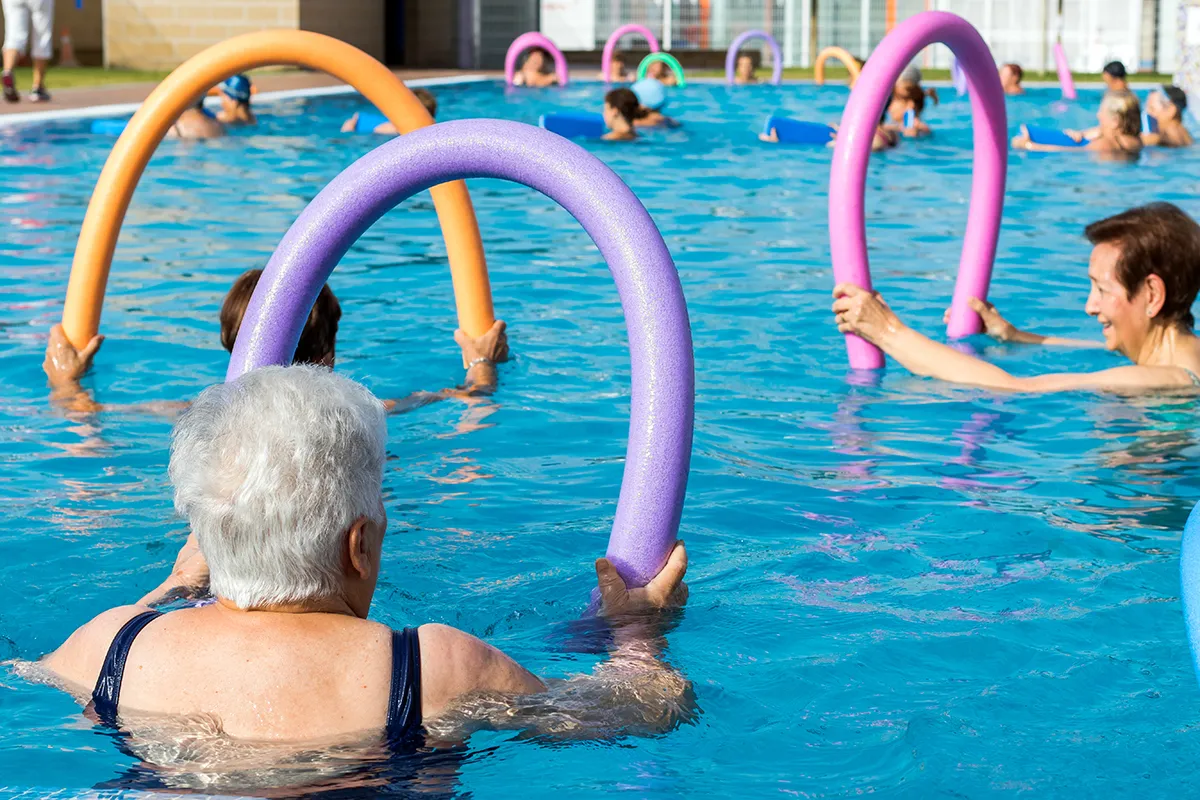Parkinson’s Disease is a progressive nervous system disease affects millions of individuals a year. With no cure, treatments are focused on improving the quality of life for those with the condition. Four Ithaca College physical therapy professors hope to do just that, thanks to a grant from the Parkinson’s Foundation.
This past December, assistant professors Megan Hotchkiss, Samantha Brown and Sarah Fishel, and clinical associate professor Christine McNamara received the Parkinson’s Foundation Physical Therapy Faculty Award, which provides up to $10,000 to further an existing research project.
Since the fall of 2018, Fishel and her colleagues, with the help of students who assist with scheduling and data entry, have been overseeing an exercise program for individuals with Parkinson’s Disease who are currently at Longview, an active retirement and assisted living community in Ithaca. In the 12-week program, which is aimed at reducing fall rates and improving balance, participants are split into two groups. One group did a series of land-based exercises, while others did exercises in the water.
